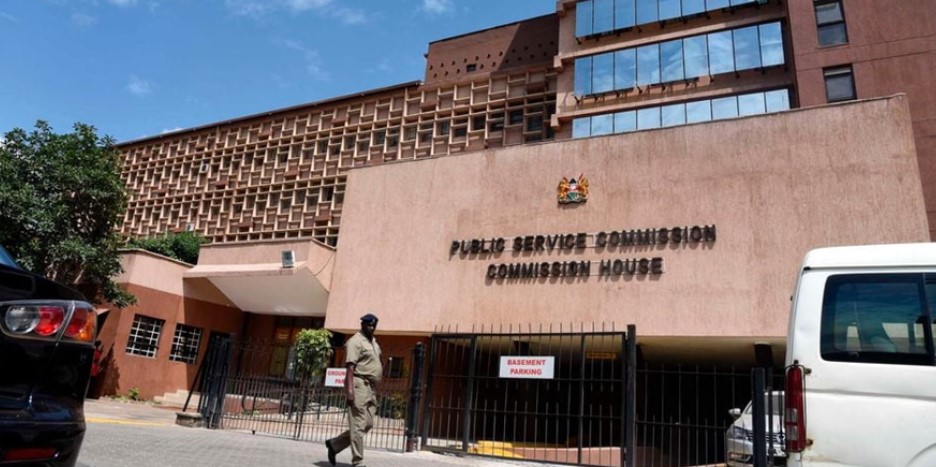Counties warn of service disruptions after Sh13.5 billion cut in allocation

Ahmed explained that the implementation of the housing levy law, which increased county government payrolls by Sh4.05 billion, is exacerbating the funding gap.
County governments have warned that critical public services will be severely impacted following a reduction of Sh13.5 billion in their allocation from the Division of Revenue.
The shortfall, according to the Council of Governors, will force counties to freeze hiring, suspend salary increases, and scale back operations, putting pressure on already strained local resources.
More To Read
- Governors sound alarm as 934 newborns die amid funding row in health sector
- Counties decry handling of hospitals under SHA, accuse Health Ministry of overreach
- Tharaka Nithi Governor Muthomi Njuki named new CoG Vice Chair replacing Mutahi Kahiga
- Senate probe uncovers unpaid loans by ex-governors, county officials
- KMPDU, Kiambu County reach agreement ending five-month doctors’ strike
- ‘Impeach Kahiga’ – Nyeri erupts after governor’s controversial comments on Raila’s death
Ahmed Abdullahi, the Wajir governor and Chairperson of the Council of Governors, warned that the cuts will have a far-reaching effect on the delivery of essential services.
"Critical services in counties will be seriously affected due to a shortfall of Sh13.5 billion that had been previously allocated to counties," Ahmed said, adding that the financial constraints would leave counties with little room to manoeuvre.
The shortfall comes at a time when counties are already facing a higher payroll burden due to recent legislative changes.
Housing levy
Ahmed explained that the implementation of the housing levy law, which increased county government payrolls by Sh4.05 billion, is exacerbating the funding gap.
In addition, an agreement on county promoters and Community Health Promoters (CHPs) added another Sh3.23 billion to the payrolls of county governments.
"Then there were annual wage increases, IPPD, which are largely automatic even before the Salaries and Remuneration Commission (SRC) pronounces itself on any salary increments. For all counties, this comes to Sh6.295 billion," Ahmed said.
The ongoing financial strain has led to an extraordinary meeting of the Council of Governors, where the county leaders expressed frustration over their growing financial woes.
The governors claim that the national government has failed to meet its funding obligations, adding to the pressure on devolved governments.
However, Treasury Cabinet Secretary John Mbadi countered the governors' claims earlier, insisting that the national government does not owe any money to counties, except for the November allocation.
"We have sent counties money... we don't owe counties any money except for November," Mbadi said, challenging the governors' assertion that they were being short-changed.
According to the National Treasury, Sh158 billion had already been released to counties since the beginning of the financial year in July 2024.
Inconsistent disbursements
But governors argued that the disbursements have been inconsistent, with delays causing financial bottlenecks.
"We can't be in November and we are talking of disbursements back to August," Ahmed remarked, expressing frustration over the irregularity of the payments.
The issue has been compounded by concerns over the low absorption of funds by some counties. A report from the Central Bank of Kenya highlighted that Nairobi City County, for example, has Sh6.4 billion lying idle in its bank account.
The Treasury has accused counties of poor utilisation of funds, while governors maintain that delays and financial shortfalls are to blame for the low uptake of the available funds.
Governors have warned that if the funding situation is not addressed, counties will be forced to halt important projects and freeze plans for recruitment and salary increases, which could lead to the collapse of essential services in various regions.
With public health, education, and infrastructure services already under pressure, the ongoing financial uncertainty is creating a dire situation for county governments across Kenya.
Top Stories Today













































